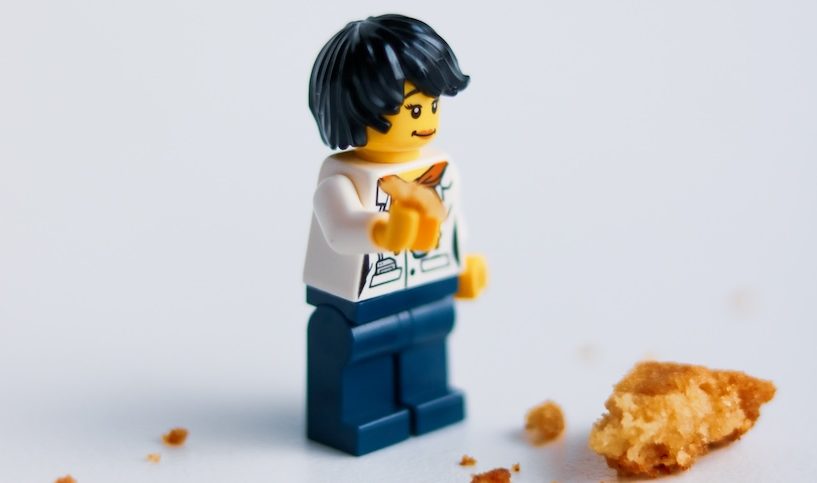I motion the waitress to come over and when she arrives, I say, “Did you see that?”
“Sorry?”
“Look at all that food they left behind,” I say, pointing to the table next to me.
She follows my finger but then says again, “Sorry?”
I don’t mean to sigh but I do. “All the food they didn’t eat. Just left there. Take a look. They didn’t even bother to take it home, can you imagine?”
Right about then some mother with tiny boy hurries by, or, he hurries, she doesn’t, and together, the waitress, whose nametag reads Sally, and I watch them turn the corner, he first, she a distant second, followed by a shrill, “Ali, OUGAF WA ENTERNI.”
She shrugs, “It happens all the time.”
But that is not good enough and I have no choice but to continue. “At least take home what you don’t eat, right? This is the way of the world.”
“Yes, well,” looking around to see who might be listening, “I am on your side on this, but like I say, it’s their way of saying, ‘I’m done, full, good-bye, sah?’”
I shake my head, whispering, “Criminal.”
“It’s the culture, you know. When you have a lot, this leftover meat, potatoes, peas, bread, the lentil soup, is nothing. There’s always more where that came from.”
“Just think of all the people in China that are starving.”
“China?” she frowns.
“You know what I mean.”
“But China?”
“Ok, it’s a figure of speech.” And I can’t help but keep looking at the table full of uneaten food: the basket of bread, a plate of untouched fried chicken, scoops of mash potatoes, two bottles of water, corn on the cob, . . . “Not right, I tell you.”
Two very white dishdashas stroll by. Something is funny and remains funny until they too turn the corner and disappear.
By now she has taken her waitressing to the table, collecting the many leftover plates, lining them up on her arm like she has a magic trick in mind. I want to ask her what she will do with all that perfectly good food but I already know the answer and I don’t want to hear her say it so I say nothing. This is when I have to fight back the urge to ask if I can have what they left behind, “Just throw it all in one big plastic bag,” but negotiating for someone else’s leftovers is all wrong. Balancing plates and dishes, Sally ever so slowly makes her way to the kitchen, turning to back into the swinging door.
Someone needs to be punished, in some way, but who? The leftover culprits are long gone, moving on, no doubt, to half-eaten vanilla ice cream cones, or taking only one bite from a brownie and leaving the rest because it tasted ‘funny’. I turn to see who else is there, who else would be courageous enough to back me on this. Two old people with two cups of coffee, reading two newspapers are three tables over; teenagers are absentmindedly picking at a large plate of French fries while staring into their iPhone; and finally one large hijabed woman is looking down at her fingers, wiggling them this way and that, frowning. In sum, I detect no courage nearby.
When Sally resurfaces from the kitchen, I motion her over again but this time she only motions back before moving on to the two old people who want their bill. I glance one last time at the now empty table before declaring, “You’ve got to take that home for later, a midnight snack, or better yet, a little something for the maids and driver.” That’s when the little boy with mother return, and like before he is in front, his tiny legs churning, and before the mother can do her duty and say what needs to be said, I yell, “Ali, stop, damnit.”
Photo by Swiss Educational College on Unsplash.











